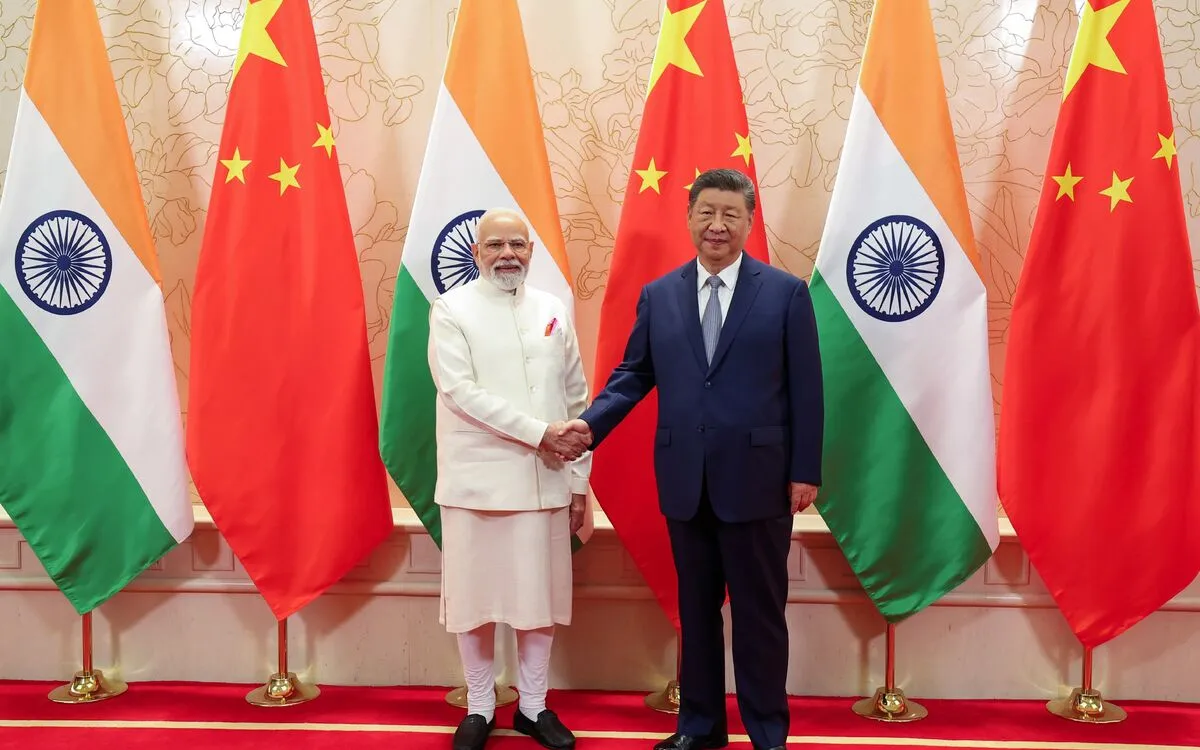
Prime Minister Narendra Modi embarked on his first visit to China in seven years, marking a significant opportunity to reset diplomatic relations with the country. This visit comes at a crucial time as Modi aims to enhance ties with Russia amidst escalating tensions with the United States under President Donald Trump.
During his visit, Modi engaged in high-level discussions with Chinese President Xi Jinping in Tianjin on a regional security and economic summit. Both leaders expressed a commitment to transforming their nations into partners rather than rivals, emphasizing the importance of cooperation in addressing mutual concerns.
The official readouts from the summit highlighted several critical topics addressed during the dialogue. The leaders focused on resolving border issues, which have historically been a source of tension between the two nations. They also discussed the resumption of direct flights between India and China, aiming to facilitate smoother communication and travel between the countries.
Furthermore, Modi and Xi explored opportunities for increasing trade relations, recognizing the potential for economic growth through enhanced bilateral commerce. This focus on trade aligns with Modi's broader strategy to strengthen India's economic ties with important global players.
As Modi returns from this pivotal trip, the implications for India-China relations are significant. The discussions held during this summit could pave the way for a new era of cooperation, which is essential not only for regional stability but also for India's economic aspirations on the global stage.
In conclusion, Prime Minister Modi's visit to China serves as a critical step towards mending relations with a powerful neighbor while strategically positioning India in a rapidly changing geopolitical landscape. The outcomes of this meeting could resonate for years to come, shaping the future of diplomatic engagements in the region.